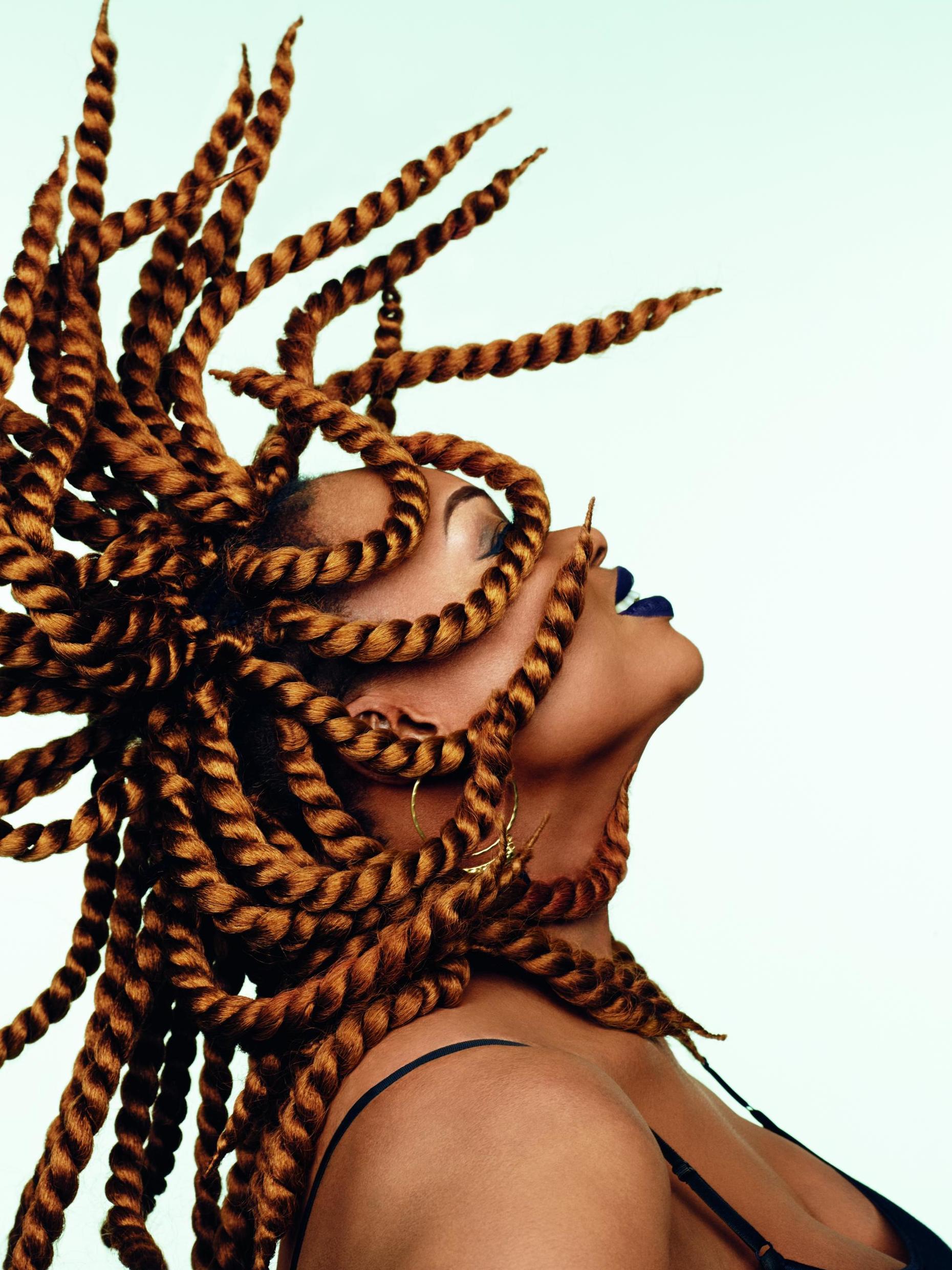Oumou Sangaré: ‘People don’t need to speak your language to understand what you’re trying to say’
As she releases her new album, ‘Acoustic’, the celebrated singer tells Roisin O’Connor about her lockdown experience, campaigning for women’s rights, and the music that inspires her


Your support helps us to tell the story
From reproductive rights to climate change to Big Tech, The Independent is on the ground when the story is developing. Whether it's investigating the financials of Elon Musk's pro-Trump PAC or producing our latest documentary, 'The A Word', which shines a light on the American women fighting for reproductive rights, we know how important it is to parse out the facts from the messaging.
At such a critical moment in US history, we need reporters on the ground. Your donation allows us to keep sending journalists to speak to both sides of the story.
The Independent is trusted by Americans across the entire political spectrum. And unlike many other quality news outlets, we choose not to lock Americans out of our reporting and analysis with paywalls. We believe quality journalism should be available to everyone, paid for by those who can afford it.
Your support makes all the difference.Oumou Sangaré is fearless. At 52, the Malian artist has confronted kings and defied her country’s restrictive standards for women. Born in Bamako, Mali’s capital, she’s the voice of Africa, one of the continent’s most venerated international stars. Her songs, which tackle polygamy and child marriage while celebrating female empowerment, were radical in the Eighties and remain so now. This Grammy-winning artist is also a powerful business leader, with dealings in the hotel industry and her own car company. For her, though, music will always come first.
I fear that my faltering French and poor phone signal might irk her, but she turns out to be unfailingly patient, even with a three-month-old baby (her granddaughter, who was born in New York) stealing her attention. Sangaré and members of her family have been stuck there since lockdown measures were enforced, and she is understandably keen to get home. Yet there have been wonderful moments – she enjoys cooking for the children, and listening to them play. “It has been a pleasure to reconnect with this family cocoon,” she says, as the baby gurgles away on her lap (“see, she’s introducing herself to you”). “It’s been a decade since I’ve had such a break. I think this pandemic has enabled us to bring people closer, to put solidarity back at the core of society and think more collectively.”
Sangaré’s voice has earnt her the title of “Songbird of Wassoulou”, after the historical region where some of Mali’s most important musical traditions were born. She found herself in demand when she began singing with her mother at traditional weddings and baptisms, aged five. After her debut album, 1989’s Moussolou (“women”) was released, she signed to a record label, World Circuit, and achieved national recognition, aged 21. Melding traditional Wassoulou instruments – the kamal n’goni harp, the djembe drum, the karinyan metal scraper, the calabash (percussion) – with funk guitar, strings, and electronic elements, she successfully honours her heritage while sounding entirely modern.
Her new album, Acoustic, offers beautiful, stripped-down versions of the songs that appeared on her 2017 album, Mogoya (roughly translating to “people today”). It’s as intricate an album as you could hope for; without the synths introduced by French production team ALBERT (Vincent Taurelle, Ludovic Bruni and Vincent Taeger), you realise how Sangaré succeeds in celebrating tradition while embracing the modern. On dynamic opener “Kamelemba”, she warns against womanisers over the sharp pluck and twang of the kamele n’goni. “Yere Faga”, a song about suicide, takes on a more serious tone in comparison to the original – and ludicrously danceable – version, which featured the late Nigerian drumming legend Tony Allen.
Sangaré found that the mood of the songs, and her own interpretation of them, changed dramatically by recording them in live conditions – no amplification, and no headphones. “We were between ourselves like a family, in our own bubble playing in front of a small audience,” she says, explaining how the unplugged versions allowed more space for her voice, and for each musician. “It brought something very intimate, spontaneous and natural – it was all about letting go. It’s raw!”

Sangaré is still a vocal anti-polygamy campaigner, and famously once performed one of her songs about the issue in front of Mswati III, the king of Eswatini (formerly Swaziland) and his then-16 wives. She laughs at the memory, although she is stern when she speaks of the men themselves. “Each year they [Mswati and his late father] would take a new wife, so for me this was really the right occasion to speak out about it.” In 2002, Mswati III caused uproar and condemnation from Amnesty International when Zena Mahlangu, a then-18-year-old high school girl, was forced to become another of his wives. “It is the worst thing you can do to a woman – treat her like an object or an animal, instead of a human being,” Sangaré says. If the woman consents, she clarifies, she has no issue, but “if the woman doesn’t want to be treated this way, it isn’t normal”.
She feels fortunate that people have always paid attention to what she has to say – “it’s a huge privilege”. Even at the beginning of her career, when she sang on the streets of Bamako about her mother’s hard life, she recalls moving her audience to tears. “It reflects their own living conditions, and they identify with my stories,” she says. Sangaré was just two years old when her father abandoned her mother, Aminata Diakité, for a second wife and emigrated to the Côte d’Ivoire. It was Diakité – pregnant and already trying to raise Sangaré and her siblings – who taught Sangaré how to sing, and from whom she inherited her resilient spirit. Her song, “Minata Waraba“ (“Aminata the Lioness”), pays tribute to her mother’s courage. “My mother always gives me advice when I write my songs,” she says.
Through her campaigning for women’s rights, Sangaré realised how music can influence change. Proudly, she lists some of the titles recognising her international work in politics and social issues: FAO Goodwill Ambassador, Commander of the Order of Arts and Letters of France… “and most importantly, Malian people are still supporting me and listening to my music”. She counts Bob Marley and “Mama Africa” herself, Miriam Makeba, among her early influences; artists who inspired her with their outspokenness and their triumph through struggle. “As [Makeba] also used the Bambara language, I understood her struggle from a young age,” she says. “Another brave woman who continuously fought to change an unjust world.”

Anyone who has witnessed Sangaré’s performances, for which she dresses in flowing, traditional robes and towering high heels, will know what a charismatic and majestic presence she is. Her voice has a transcendent quality, capable of conveying a depth of emotion – a soulfulness – that moves the spirit. To her, singing in those supple belts and calls comes as naturally as breathing, and it’s why her music connects with so many people around the world. “When someone sees you play, they don’t need to speak your language to understand what you’re trying to say,” she says. “If it’s emotional, people understand it, and if it’s rhythmic and makes you dance, people understand that too. That’s the beauty of music.” I sense she’s keen to return to her family so I wrap things up, apologising profusely for my nervous French. “Bravo,” she insists, laughing away my insecurity with her warm, rich voice. “Bravo.”
Acoustic is out now via Nø Førmat
Join our commenting forum
Join thought-provoking conversations, follow other Independent readers and see their replies
Comments